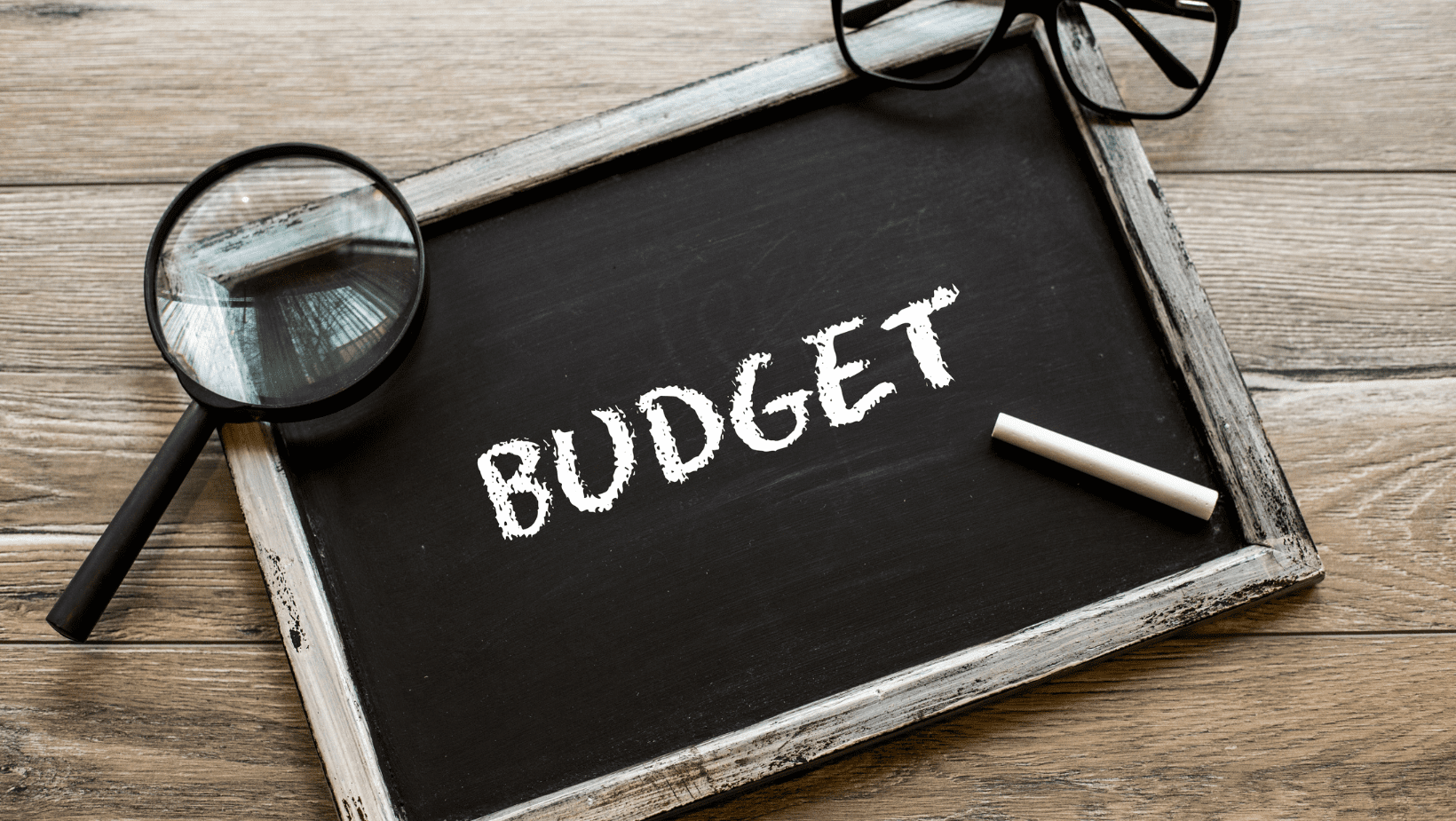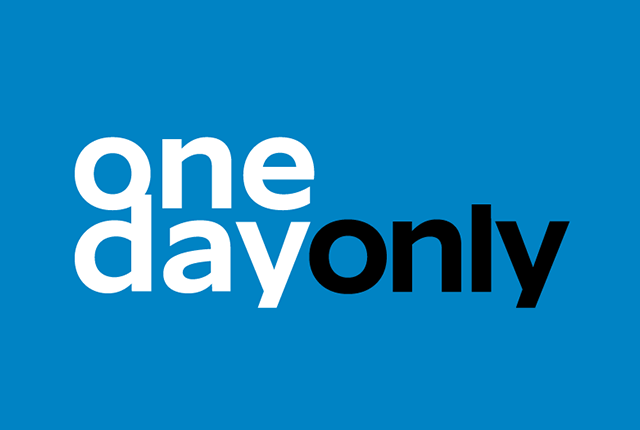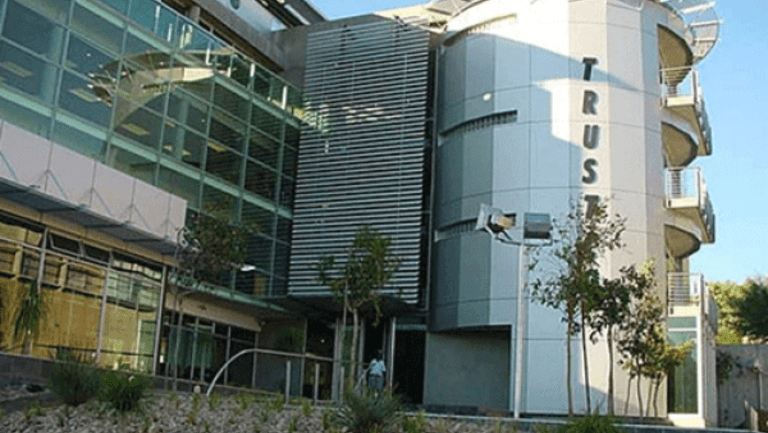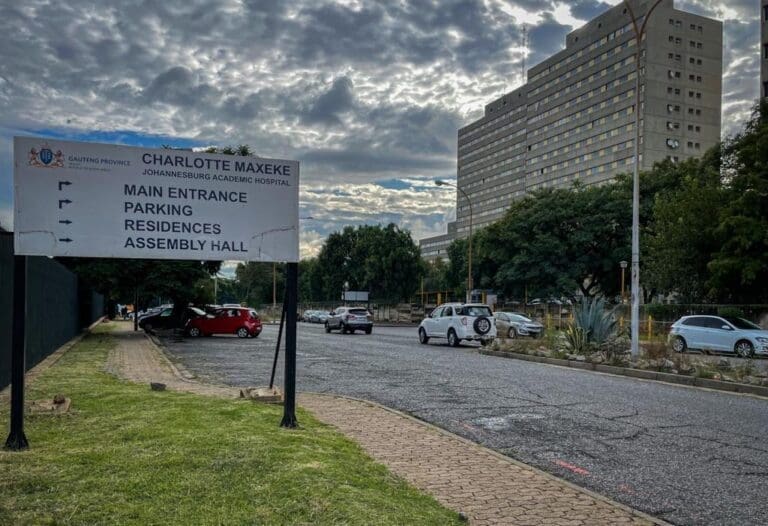Budgeting is the cornerstone of financial stability and success in any economy. As we navigate through the complexities of 2024, it’s essential to understand the importance of building and maintaining a budget. A well-crafted budget can pave the way for achieving financial goals, managing debts, and ensuring a secure future. Let’s delve into the strategies and steps you can take to build a robust budget in 2024.
1. Understanding the Importance of Budgeting
Budgeting serves as a roadmap for managing finances effectively. Imagine you earn a monthly salary of ZAR 20,000. Without a budget, you may spend indiscriminately, leaving little room for savings or unexpected expenses. However, with a budget in place, you can allocate ZAR 5,000 for rent, ZAR 3,000 for groceries, ZAR 2,000 for utilities, and so forth. This ensures that every rand has a purpose, leading to better financial control and stability.
2. Setting Financial Goals
Before diving into the specifics of budgeting, it’s crucial to define your financial goals. Whether it’s saving for retirement, purchasing a home, or paying off debts, clear objectives will guide your budgeting efforts. For instance, if your goal is to save ZAR 100,000 for a down payment on a house within two years, you can break it down into smaller monthly savings targets. This might mean setting aside ZAR 4,166 each month, which becomes a priority in your budget.
3. Gathering Necessary Details
To construct an effective budget, you need to gather comprehensive financial information. This includes details of your income, expenses, debts, and investments. Create a detailed list of all expenses, from fixed costs like rent and utilities to variable expenses such as groceries and entertainment. For example, if your monthly expenses include ZAR 2,500 for rent, ZAR 1,000 for groceries, ZAR 500 for utilities, and ZAR 300 for entertainment, list them out to get a clear picture of your financial obligations.
4. Allocating Funds Wisely
Once you’ve gathered all financial details, it’s time to allocate funds wisely. Categorize expenses into fixed and variable costs to better understand spending patterns. In 2024, amidst fluctuating economic conditions, it’s essential to prioritize essential expenses while leaving room for discretionary spending. Consider adopting the 50/30/20 rule, allocating 50% of your ZAR 20,000 income to necessities like rent, groceries, and utilities, 30% to wants like entertainment and dining out, and 20% to savings and debt repayment, such as contributing ZAR 4,000 to savings or paying off ZAR 1,000 in debt each month.
5. Embracing Budgeting Tools
In the digital age of 2024, a plethora of budgeting tools and resources are available at your fingertips. From spreadsheets to budgeting apps, choose a tool that aligns with your preferences and financial goals. Utilize features such as expense tracking, goal setting, and automated bill payments to streamline budget management. For instance, apps like “22seven” or “debt busters” allow you to categorize expenses, set spending limits, and receive notifications when approaching budget thresholds. With these tools, you can gain real-time insights into your spending habits and make informed financial decisions.
6. Implementing a Cash Budget
Incorporating a cash budget can be a game-changer in your financial journey. Unlike credit cards or digital payments, cash transactions offer tangible accountability and limit overspending. Allocate specific amounts for different expense categories and use cash envelopes to manage discretionary spending. For example, if your monthly entertainment budget is ZAR 500, withdraw that amount in cash and place it in a designated envelope. Once the envelope is empty, you know you’ve reached your limit for the month.
7. Monitoring and Adjusting
Building a budget is not a one-time task; it requires ongoing monitoring and adjustments. Regularly review your budget to track spending patterns, identify areas for improvement, and make necessary tweaks. In 2024, with economic volatility and market fluctuations, flexibility is key to budgeting success. Be prepared to adapt your budget in response to changes in income, expenses, or financial goals. For instance, if your monthly utility bill increases unexpectedly, adjust your budget by reallocating funds from other expense categories or finding ways to reduce utility usage. By staying proactive and responsive, you can ensure that your budget remains effective and aligned with your financial objectives.
8. Seeking Professional Guidance
For individuals navigating complex financial scenarios or facing significant life changes, seeking professional guidance can be invaluable. Consider consulting a financial advisor or planner to gain personalized insights and strategies. In 2024, with evolving tax laws, investment opportunities, and retirement planning options, a financial expert can provide clarity and confidence in your financial decisions. Whether you’re planning for retirement, investing in the stock market, or managing debt, a qualified advisor can offer tailored advice to help you achieve your financial goals. By leveraging their expertise and experience, you can navigate the intricacies of today’s economy with confidence and peace of mind.
Budget Example
Sample Budget:
1. Income:
- Monthly Salary: ZAR 20,000
2. Fixed Expenses:
- Rent: ZAR 5,000
- Utilities (Electricity, Water, Internet): ZAR 1,500
- Transportation (Fuel, Public Transport): ZAR 1,000
- Insurance (Health, Car, Life): ZAR 1,200
- Loan Repayment: ZAR 800
- Total Fixed Expenses: ZAR 9,500
3. Variable Expenses:
- Groceries: ZAR 2,500
- Dining Out: ZAR 1,000
- Entertainment: ZAR 500
- Clothing: ZAR 500
- Miscellaneous: ZAR 500
- Total Variable Expenses: ZAR 5,000
4. Savings and Debt Repayment:
- Emergency Fund: ZAR 2,000
- Retirement Savings: ZAR 2,000
- Debt Repayment (Credit Card, Personal Loan): ZAR 1,500
- Total Savings and Debt Repayment: ZAR 5,500
Total Expenses:
- Fixed Expenses: ZAR 9,500
- Variable Expenses: ZAR 5,000
- Savings and Debt Repayment: ZAR 5,500
- Total Expenses: ZAR 20,000
Remaining Income:
- Income: ZAR 20,000
- Total Expenses: ZAR 20,000
- Remaining Income: ZAR 0
In this sample budget, every rand of the ZAR 20,000 income is allocated to specific expenses, savings, and debt repayment. Fixed expenses such as rent, utilities, and transportation are prioritized, followed by variable expenses like groceries and entertainment. A portion of the income is dedicated to savings, including an emergency fund and retirement savings, while another portion is allocated to debt repayment to achieve financial goals effectively. With this budget, every aspect of the individual’s financial life is accounted for, ensuring financial stability and progress towards long-term objectives.
Conclusion
Building a budget in 2024 is not just a financial necessity; it’s a strategic imperative. By understanding the importance of budgeting, setting clear goals, gathering necessary details, and leveraging tools and resources, individuals can navigate the intricacies of today’s economy with confidence. Embrace budgeting as a proactive approach to financial management, and empower yourself to achieve financial freedom and security in the years ahead.












































